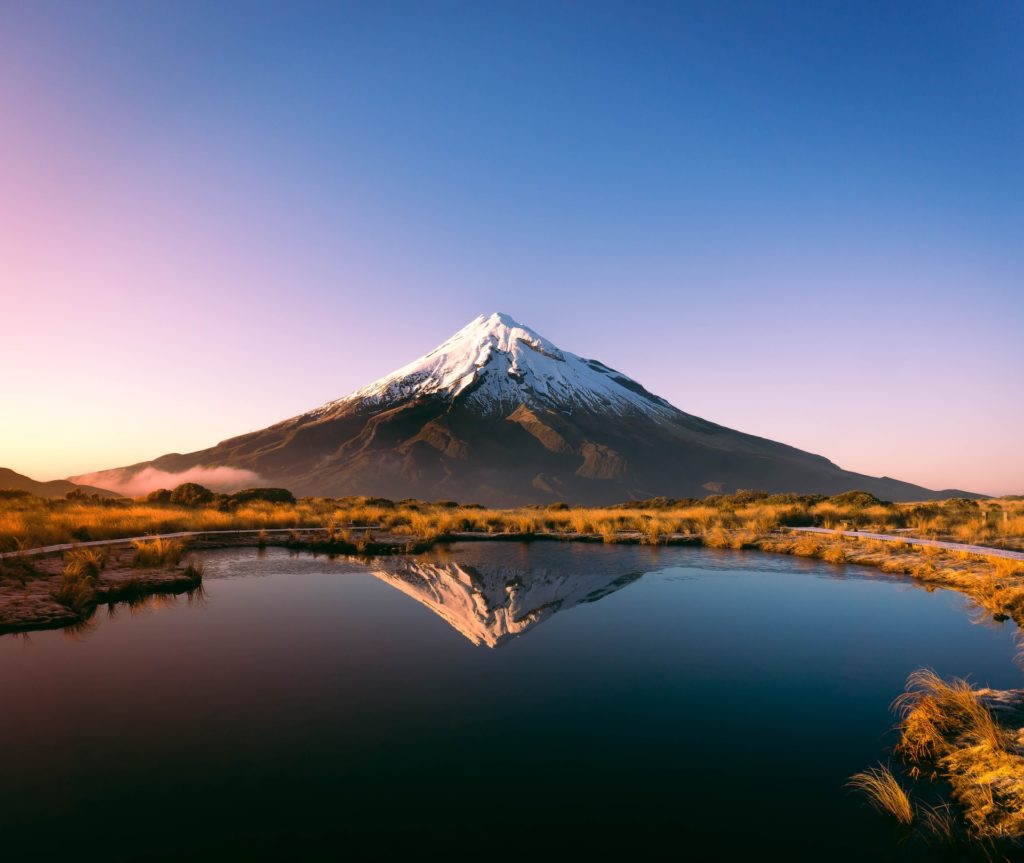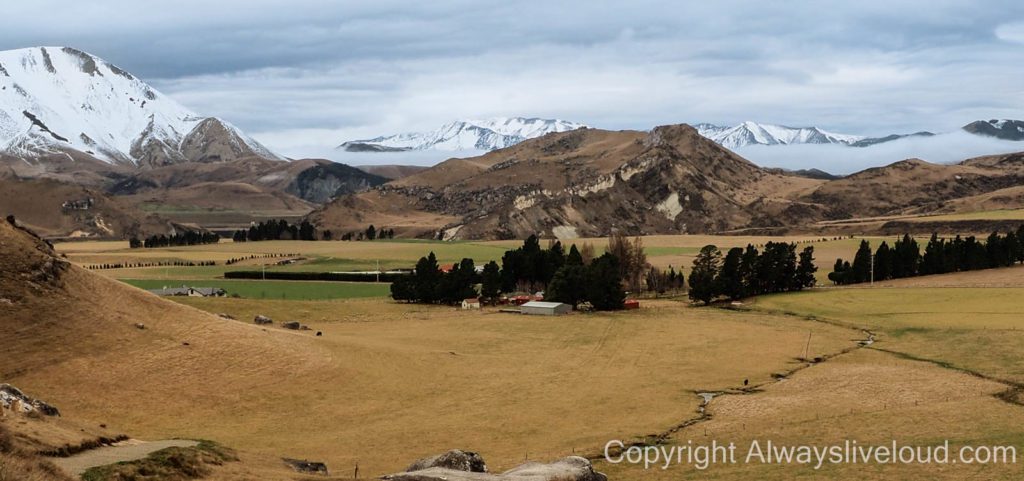
Moving to New Zealand might seem to be a good idea. New Zealand is known for its beautiful landscaping; many feature films have been shot here. The Lord of the Rings, The Hobbit trilogy, The Chronicles of Narnia, and Wolverine are just a few. This country is also known for its indigenous Maori culture and rugby team, “All Blacks.”
Coming here on vacation gives the idea that New Zealand is a beautiful paradise; unfortunately, every paradise has a dark side. New Zealand has many positive and negative aspects. I read some lifestyle blogs or travelers blogs, and it gave me the impression that people who wrote about living in New Zealand never lived here or they relate stories as tourists’ impressions. After living here, it’s important to explain what to expect living on the other side of the world.
23 Things You Should Know Before Moving to New Zealand from the U.S.
◾Visa
American citizens can come to New Zealand with a visitor visa for three months as a tourist. You can change the status while here or request to work. If your intention is to work (and not visit), you can apply for a working visa. Check the government website for more information. Explore and select a visa | Immigration New Zealand 🙂
◾Documents Requirements from American citizens
Moving to New Zealand requires a valid passport, like in any other country. You’ll need to do a medical exam to prove your health and a criminal background check from the FBI to see if you have felonies. You also need proof of funds and other personal documents. 🙂
◾Moving to New Zealand From the US with Pets
Moving with pets is very expensive. I moved with two dogs, and the process was tedious, expensive, and it is timed. I described extensively in my blog what you need to know if you want to bring your dogs with you to New Zealand 😱
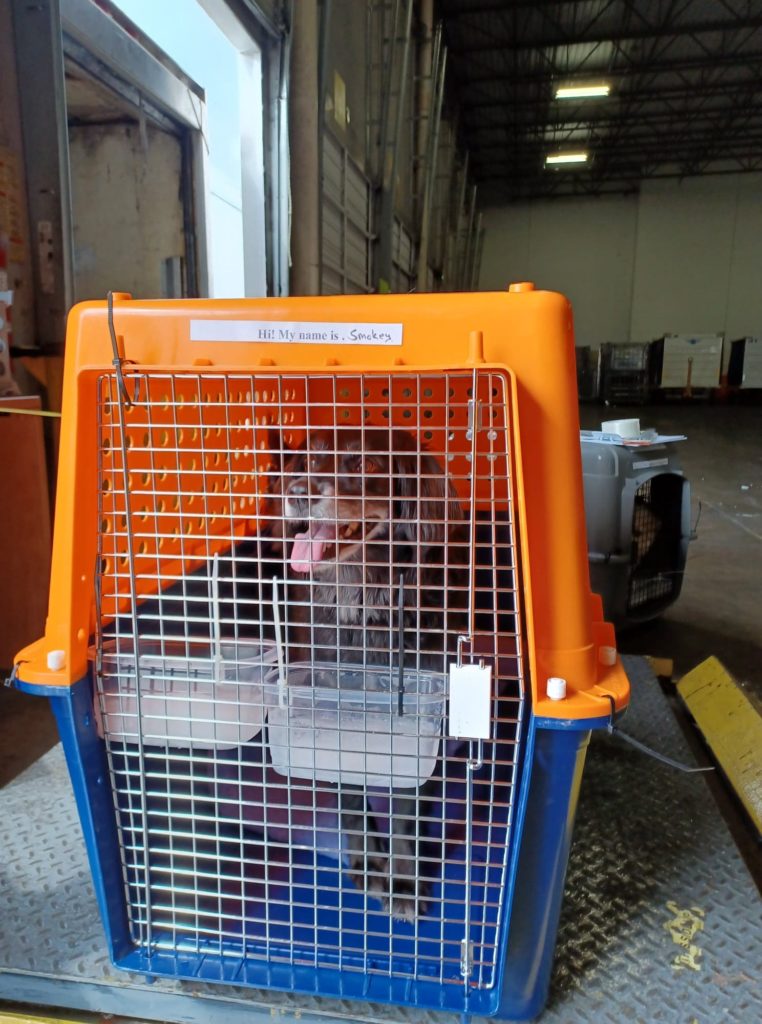
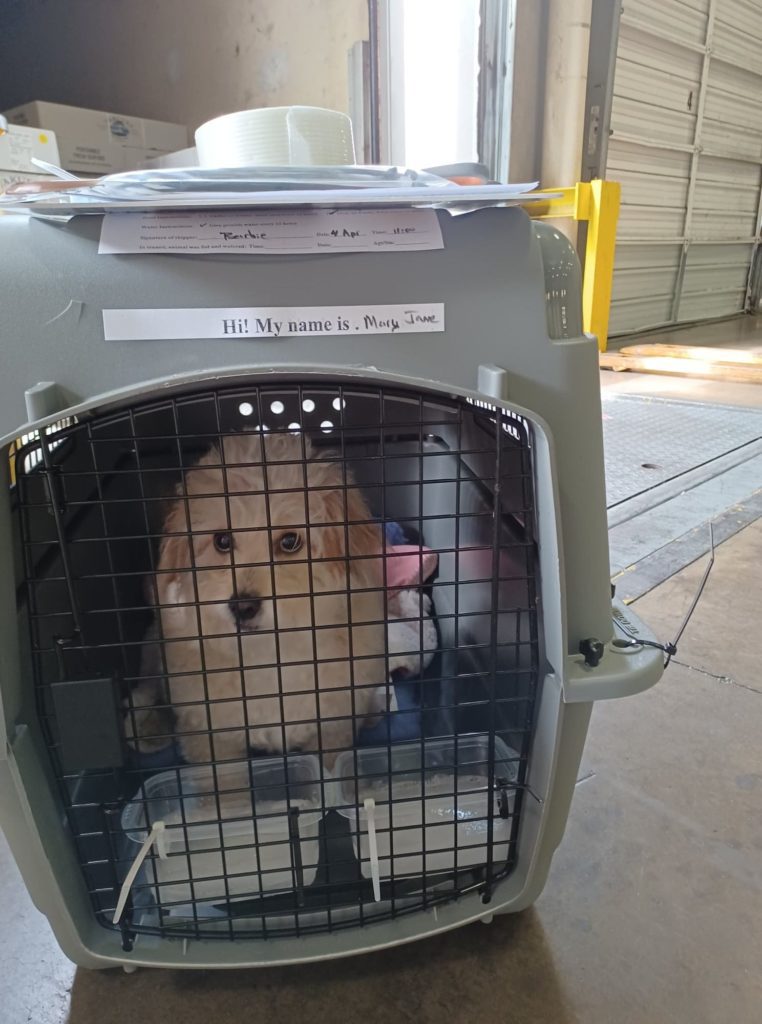
◾Costing of Moving
Moving to New Zealand can be costly if you decide to move your two or three-bedroom house. You can easily spend USD$15,000 to $20,000. The option is to downside the most you can, bringing only the necessary. Remember that electric plugs are different. New Zealand operates on a 230V (AC). Unless your appliances are dual voltage, do not bring them. 😟
◾Cost of Living in New Zealand vs. the US
Living in New Zealand is expensive, as is the case in many states in the United States. Auckland is the biggest city and the most expensive. It’s also where you can find higher-paying jobs. So, if you decide to move to Auckland, be advised that property prices are increasing substantially. Maybe living in the suburbs is a little bit cheaper.
According to the Average Grocery Bill In NZ, the average of groceries cost is one of the most expensive in the world. I live in Christchurch, and groceries are the second big chunk of our budget after housing.
For a better understanding of the cost of living, check this website calculator: Cost of Living Calculator | Live and Work New Zealand (immigration.govt.nz)😟
◾House Prices and Renting in New Zealand

Living in New Zealand is expensive. (I am repeating myself, but cannot say it enough) Housing will take up a good portion of the monthly budget. Due to a lack of supply, prices have increased in the last decades. Queenstown average is NZD$1,679,533, and Auckland’s is NZD$1,382,722. The lowest average is in Buller District (south island, northwest area); it is NZD$386,572. For more details, What Is The Average House Price In New Zealand? (2023) | Opes (opespartners.co.nz)
The average price is NZD$ 580 a week if you want to rent. Curiously, the prices are advertised in weeks, but you can pay monthly if your landlord agrees with you. See more on my previous blog settling in 😟
◾The houses in New Zealand are not well built
Many of the houses are old but sturdy. They were built after WWII. However, they have no insulation (or retrofitted insulation), making the house cold in the Winter and hot in the Summer. So when choosing a house, be aware of the heating system that has been installed.
The newer houses, unfortunately, were poorly designed due to the wet weather. The complaints about black mold and rotting timbers are staggering. I read in the newspaper that some builders remove insolation after the building inspection to save money and use that isolation for the next house. 😟
◾Is your profession on the green list?
Finding a job can be challenging, and New Zealand is selective with who they let in. They have a Green List, which is the position in demand in New Zealand. If you check all the requirements of this green list, you may get residence immediately after two years of working there. Check the green list here: Green List roles | Immigration New Zealand.
Even if you don’t see your profession on the green list, check other possibilities because New Zealand’s job market will grow in the following years. The population is growing old and leaving the workforce. There is expected to be an increase in immigration to fill these positions. For more information, please read Key Industries | Work in New Zealand | Live and Work New Zealand (newzealandnow.govt.nz)🤔
◾English is the official language. Kiwis have an exceptional accent and some unique slang.
Even though they speak English, Kiwis have a unique way of saying things and an intense accent. Initially, it was challenging to understand. Still, it gets easy to understand after immersion in New Zealand life. Check on the video, and I hope you enjoy the new Zeland slang as much as I did.😁
◾New Zealand culture takes time to adjust
New Zealand culture has a strong sense of individualism, just like the US. It encourages self-reliance and a do-it-yourself spirit, which are good characteristics. However, for someone to excel in whatever that person does, as we do in the US, doing our best for excellent service, here it will likely be resented, and it’s quickly cut down to mockery. This is called Tall Poppy syndrome. So, you must be modest to be valued in social interaction and not be considered pretentious. 😑
◾The weather is very unpredictable
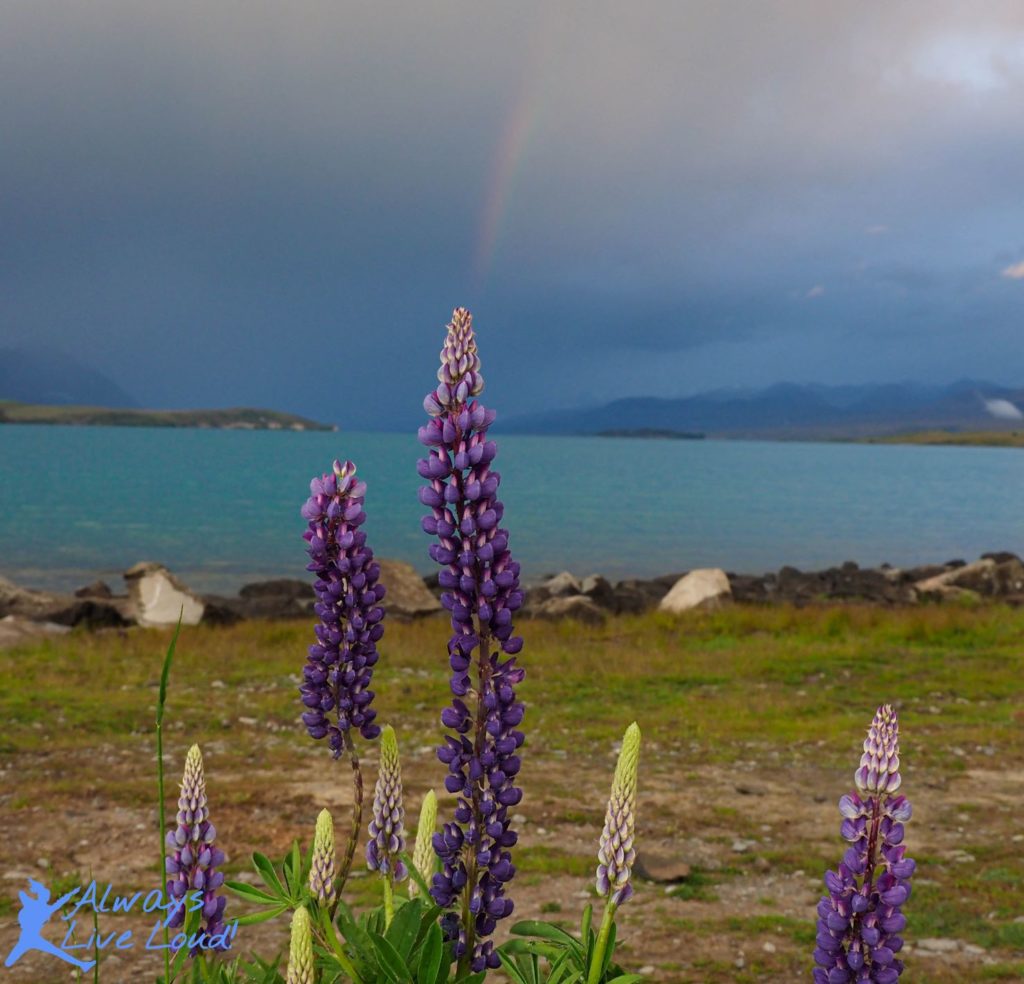
The weather changes a lot during the day. Check on the weather before leaving for a trip. You might need a sweater or a raincoat. The winter is from June to the beginning of November. It rains a lot, and I mean a lot. It’s gloomy and cold. The temperature runs between 23F to 50F. The Summer is not too hot, with an average of 75F. Occasionally 86F, and sometimes it drops to 50F. 🙂
◾New Zealand’s freshwater is in trouble
Behind this clean and beautiful image of New Zealand, the freshwater rivers are among the most polluted in the developed world. Nearly 60% of the country’s rivers are contaminated above acceptable levels. The dairy farms use intensive synthetic fertilizer, and the poison runs to the rivers with the irrigation system, turning the water toxic even for humans to swim. 😟
◾Restricted shopping and restaurant functioning hours
New Zealand’s current law bans many shops from opening on holidays such as Christmas, Good Friday, and Easter Sunday. The commerce is usually open from 9 am to 6 pm on weekdays. Saturday is a half day, and most businesses are closed on Sunday.
The fast food industry is open from morning to evening with non-interruptions. The coffee shops are usually open from 8.30 am to 3 pm. The other restaurants are open in the morning for breakfast and lunch. Close at 2 pm and reopen at 5 pm for dinner. Some restaurants are open only for dinner, 5 pm.🤨
◾The food is not that great
The food in New Zealand is a copy of British food. It is mainly tasteless. There is no diversity in choices. Of course, this is a personal opinion; however, having traveled worldwide made me aware of the world’s delicious dishes, putting New Zealand at the lowest rank on my list.
New Zealand is the land of fast food. You can find all the American joints such as McDonald’s, Burger King, KFC, Dennis, Carl’s Jr, Taco Bell, Subway, Domino, Pizza Hut, etc. If you are enthusiastic about fast food, you are in the right place. Sushi is also different from the US. The sushi here is pre-made and mostly has fried chicken in rice or something fried. The choice of raw fish is minimal.
For more details about food in New Zealand, read my blog what cantabrians eat. 🤔
◾They drive on the left side of the road
As I mentioned in my blog, I am driving in New Zealand. New Zealand drives on the other side of the road. The traffic rules are also different from the ones in the US. Before starting to drive, look at the guidebook. You can drive initially with your American driving license, but after one year of living in New Zealand, you must get a new Zeland driving license. If you want to buy a car, your driving license has to be local. Here is the guidebook driving-in-nz.pdf (nzta.govt.nz) 😀
◾New Zealand’s population density is one of the lowest in the world.
The total population of New Zealand is around 4.6 million people, spread out over 103,483 square miles. That means New Zealand is not crowded only in the main cities like Auckland, Wellington, and Christchurch. Life is slower than in the US. Sometimes, you are lonely if you live in rural areas. 😀
◾ Sheep, deer, and dairy cows population outnumber humans
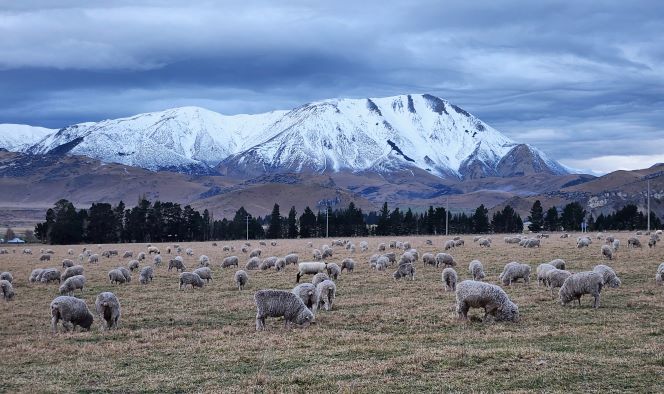
That is right; New Zealand has more sheep and cows than humans. I was told that for every Kiwi, there are six sheep. The statistics show that only 5% of the population is human, and the other 95% are animals. The deer population is growing expediently.😲
◾You can get skin cancer
The ozone layer is thin, and UV light radiation is dangerous. When you are in the sunlight for a while, you’ll feel your skin very hot. So when they tell you to use sunscreen, they mean it. Do not stay too long under the sun; I advise using clothing to protect you and staying in the shade. 😟
◾Significant volcanic eruptions, earthquakes, and other natural hazards
New Zealand sits right on top of the circum-Pacific belt, which is characterized by worldwide active volcanos and earthquakes. For that reason, New Zealand is constantly shaken; most of the time, you cannot feel it. Christchurch was hit in 2011 by a 6.3 magnitude. It destroyed a big part of the city, and we can still see the damage today. We had one recently, in February, 6.1 magnitudes in water between the two islands. GeoNet: Earthquake Intensity, and thousands of people have reported feeling it.
New Zealand has 9 active volcanos. They are all active; however, Whakaari is the most active. Whakaari is located 30 miles offshore. See the world data for more details on Active volcanoes and eruptions in New Zealand (worlddata.info)
Another natural hazard that you can witness is cyclones and tsunamis. In February 2023, cyclone Gabrielle hit the Auckland area, declaring a National State of Emergency.😲
◾Magnificient landscapes everywhere

New Zealand has beautiful landscapes. Its natural beauty attracts thousands of people; they can enjoy the solitary sandy beach, thermal springs, rugged mountains, and colorful clear lakes. It’s a never end of outdoor activities and nature. New Zealand has stunning national parks, a dynamic Māori culture, great hiking trails, and much more. It is not by accident that many film production was done here, such as Lord of the Ring and Hobbit.🤩
◾Look out for the hobbits
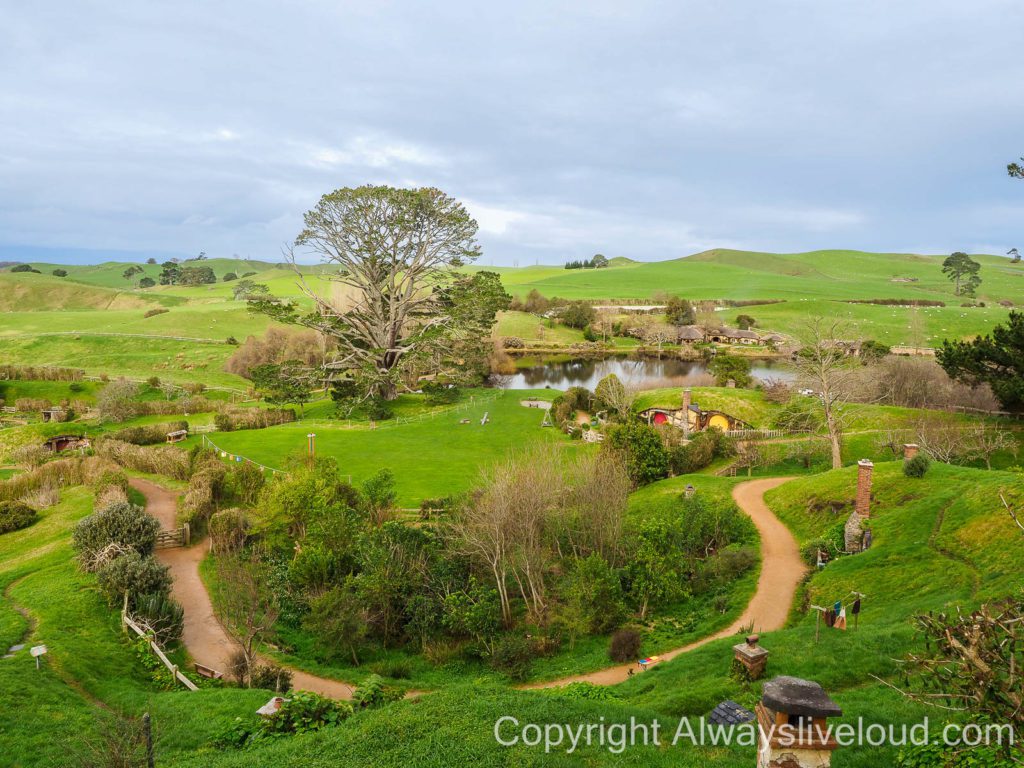
Lord of the Ring and Hobbit were filmed in more than 150 locations in New Zealand.
The epic scenes of Mordor, home of Lord Sauron, were filmed in Tongariro National Park. It is an incredible place that you should visit. In Matamata, the Hobitton village was built.
If you are a fan of these movies, this is the perfect tour. Read more at Hobbiton the movie set 😍
◾Is frequent to see Kiwis Barefoot
Many Kiwis walk barefoot in the streets, grocery stores, or restaurants during their stay. It is a typical behavior since Kiwis are very laid-back individuals, and Māori believe being barefoot is a way to be close to nature. 😀
◾You are somewhat isolated from the world
Living in New Zealand gives you a sense of isolation. You are far from everything. You have to fly to go somewhere other than New Zealand. Flight tickets are expensive to go anywhere or for anyone to come to visit. So, if you live on a budget and want to go home to see family, you better start to save from day one.🤑
◾All Blacks
All Black is the New Zealand rugby team. It is massive, and Kiwis go wild about this game. They played their first match in 1903 as the “The Originals.” If you decide to move to New Zealand, you should watch a game and experience the euphoric vibes of the event. It’s unique!😀
◾Māori culture
The Māori population is around 16% of the New Zealand population. Māori culture is present in New Zealand, where you can see signs, advertising, and TV shows in Māori. It looks like Māori are well integrated into society. I strongly advise meeting the indigenous people of Aotearoa and embracing this amazing culture. Discover Māori culture in New Zealand | 100% Pure New Zealand (newzealand.com)😍
“Live abroad, if you can. Understand cultures other than your own. As your understanding of other cultures increases, your understanding of yourself and your own culture will increase exponentially”
Tom Freston
Hopefully, I can give you sincere, upfront information about what you should do before moving to New Zealand. Some of my observations are purely personal, such as the food, but keep in mind that living in New Zealand is expensive, and the lifestyle is different from the US. At the same time, New Zealand is a beautiful country with a slow pace and plenty of outdoor activities to do.

